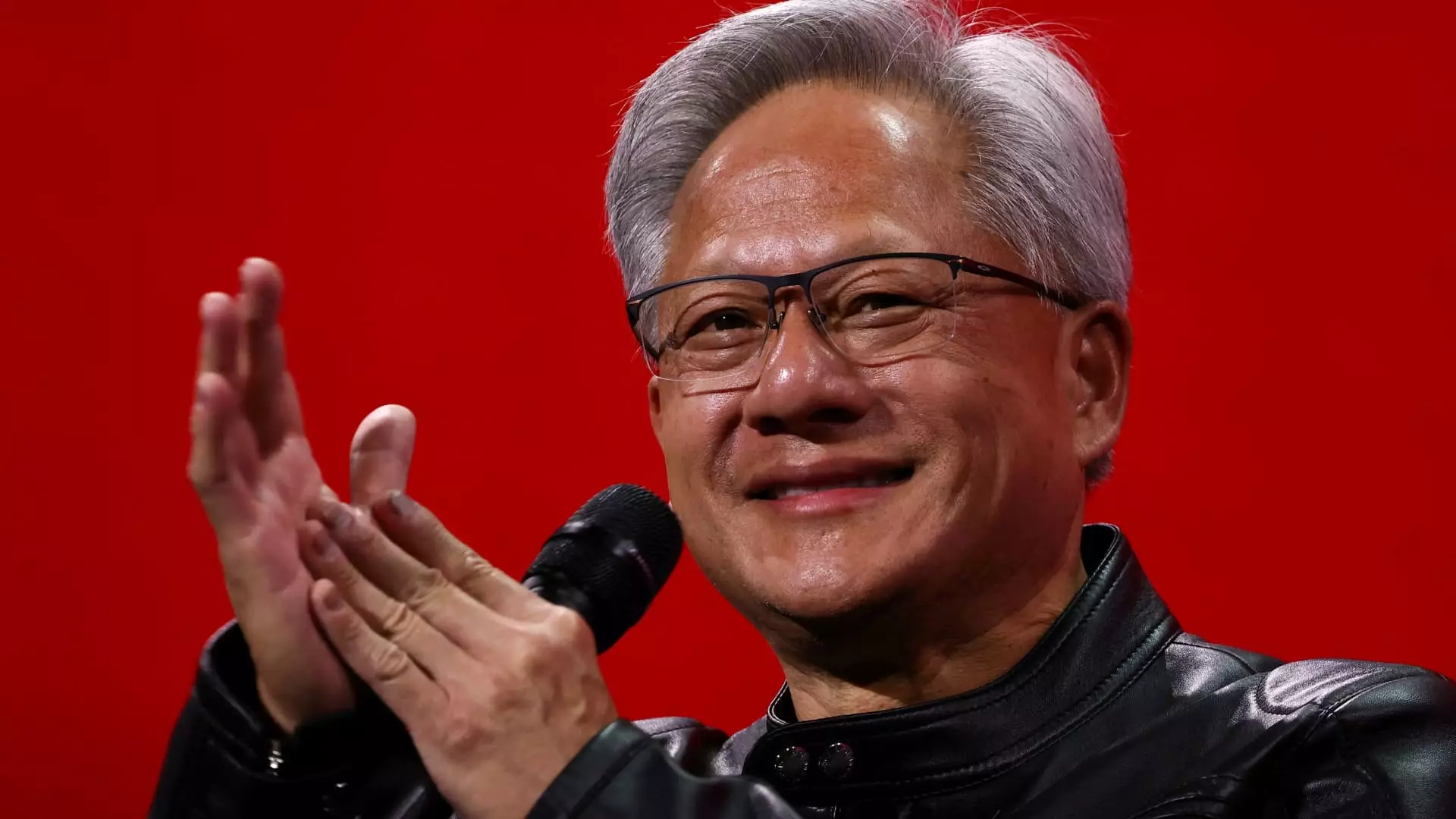In the modern era, the narrative surrounding technological dominance often circulates within the confines of Western liberal ideologies that champion free markets and open exchange. However, a critical examination reveals that these claims of fair competition are largely illusory, especially in sectors like artificial intelligence. The recent developments involving Nvidia and China serve as a stark reminder that the game is rigged from the start. Western policies, ostensibly designed to foster innovation and safeguard national security, increasingly stifle China’s technological ascent, all the while claiming to promote fair global progress. This contradiction exposes a deeper geopolitical agenda cloaked in the language of free enterprise and open innovation.
Contrary to the proclamations of open access, the reality is that U.S. restrictions on exports—particularly chips crucial for AI development—are strategic tools wielded to slow China’s emergence as an AI powerhouse. The suppression of Nvidia’s sales to China, justified under the guise of national security, may temporarily hamper Chinese companies, but it also hampers global progress. Chinese developers and startups have demonstrated remarkable resilience by leveraging open-source models and alternative methods, effectively sidestepping the limitations imposed from afar. This reality underscores a troubling truth: artificial barriers are less about safeguarding peace and more about maintaining a dominant geopolitical edge.
The Clear Bias Toward Strategic Self-Interest
U.S. restrictions do more than simply slow Chinese innovation; they reinforce a neocolonial stance that seeks to control the flow of technology on a global scale. The narrative often champions the idea that these policies are necessary to prevent the proliferation of AI for military or malicious purposes. Yet, in practice, they serve to protect existing corporate interests and prevent competition from challenging American dominance. A prime example is Nvidia’s predicament, which experienced a significant drop in sales due to export controls—highlighting how these restrictions hurt not only Chinese firms but also the company’s growth potential worldwide.
Moreover, the U.S. fosters a double standard—embracing some technology sharing with allied nations while constraining China’s capacity to innovate. This selective openness dilutes the principles of a free market and fosters a sense of distrust among countries aspiring to participate in AI development. Chinese companies, such as Alibaba and Tencent, exemplify ingenuity by releasing open-source models like Kimi K2, which challenge the monopoly of Western AI giants. Their open-source approach refutes the myth that technological progress must be centrally controlled or restricted, displaying a clear pivot toward democratizing AI development despite external hurdles.
The Reinforcement of Power Imbalances and Global Inequities
By fostering an environment of restricted access and strategic control, Western nations perpetuate a global technological hierarchy where only a select few can truly lead. Such policies not only stifle innovation from emerging economies but deepen existing inequalities, ultimately resisting the idea of a truly inclusive and collaborative global AI ecosystem. The assertion that open-source AI is “a catalyst for progress” aligns with a progressive, liberal vision of shared prosperity—yet, this trajectory is often blocked by the self-interested policies of major powers.
Furthermore, the rhetoric surrounding national security becomes a convenient cover for economic protectionism. While U.S. officials warn against China’s military uses of AI, little attention is paid to how ongoing restrictions dampen global AI advancements, thereby limiting the potential for beneficial innovations that could address pressing societal issues worldwide. The global AI race should be about collaboration, not coercion; but dominant powers appear more interested in maintaining monopolies and geopolitical control.
Rethinking Global Innovation: Toward a More Inclusive Future
A truly progressive approach would involve reassessing the role of restrictions and emphasizing international cooperation, especially given the universal importance of AI’s potential. Instead of erecting barriers on the grounds of security or strategic dominance, nations should focus on establishing collaborative standards that benefit humanity at large. Open-source AI models, exemplified by Chinese startups, provide a blueprint for such an inclusive vision, enabling countries to participate on equal footing.
There is also a moral imperative to challenge the narratives that depict technological competition as a zero-sum game. Progress in AI should not be a race where some nations tighten controls to preserve economic advantage; rather, it should be a shared pursuit rooted in mutual benefit and development. The future of artificial intelligence depends on breaking free from these outdated paradigms—embracing openness, fostering international cooperation, and recognizing that true leadership emerges from inclusivity, not exclusion.

